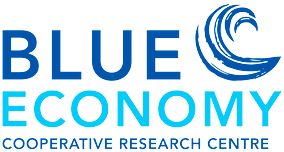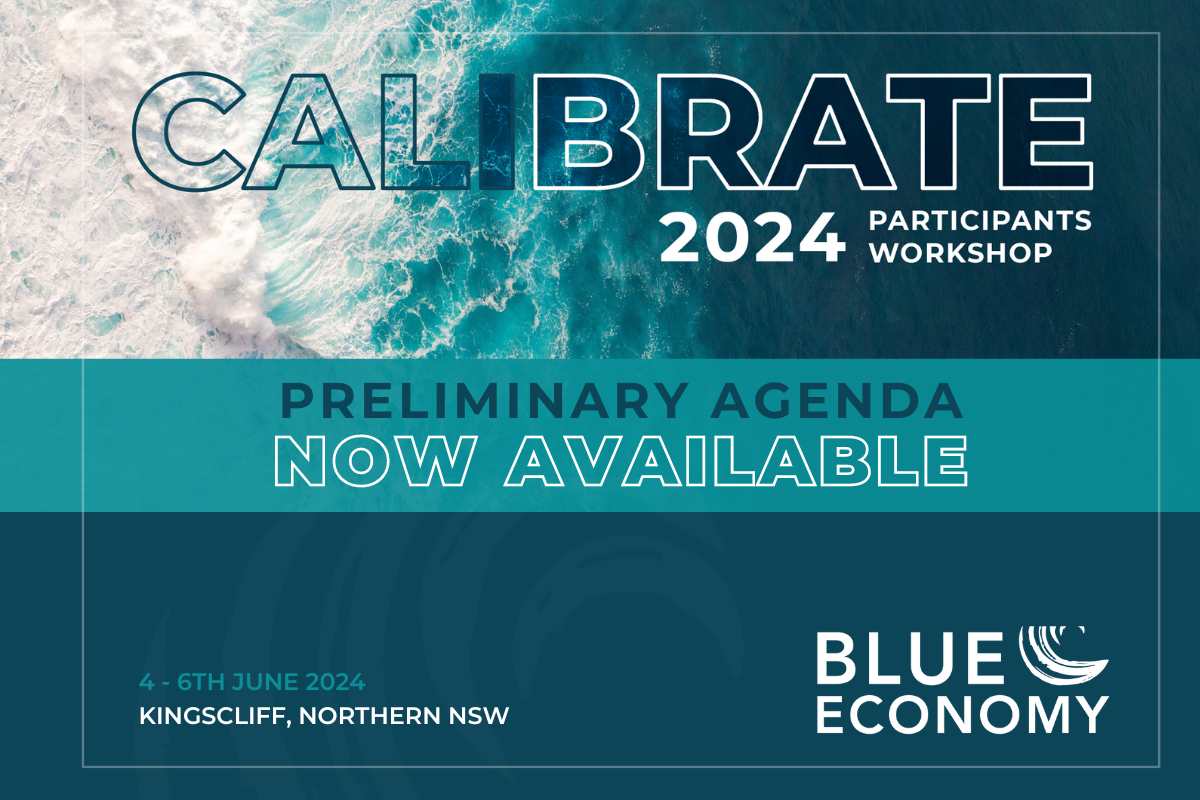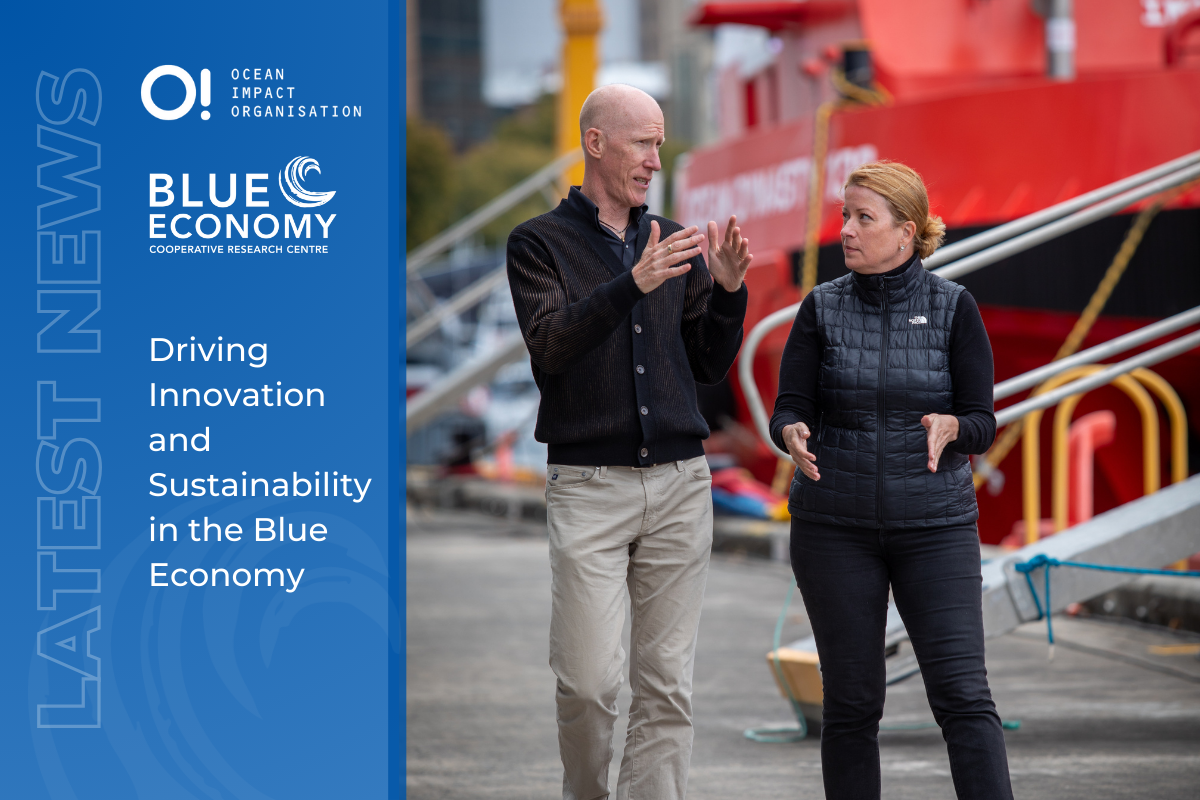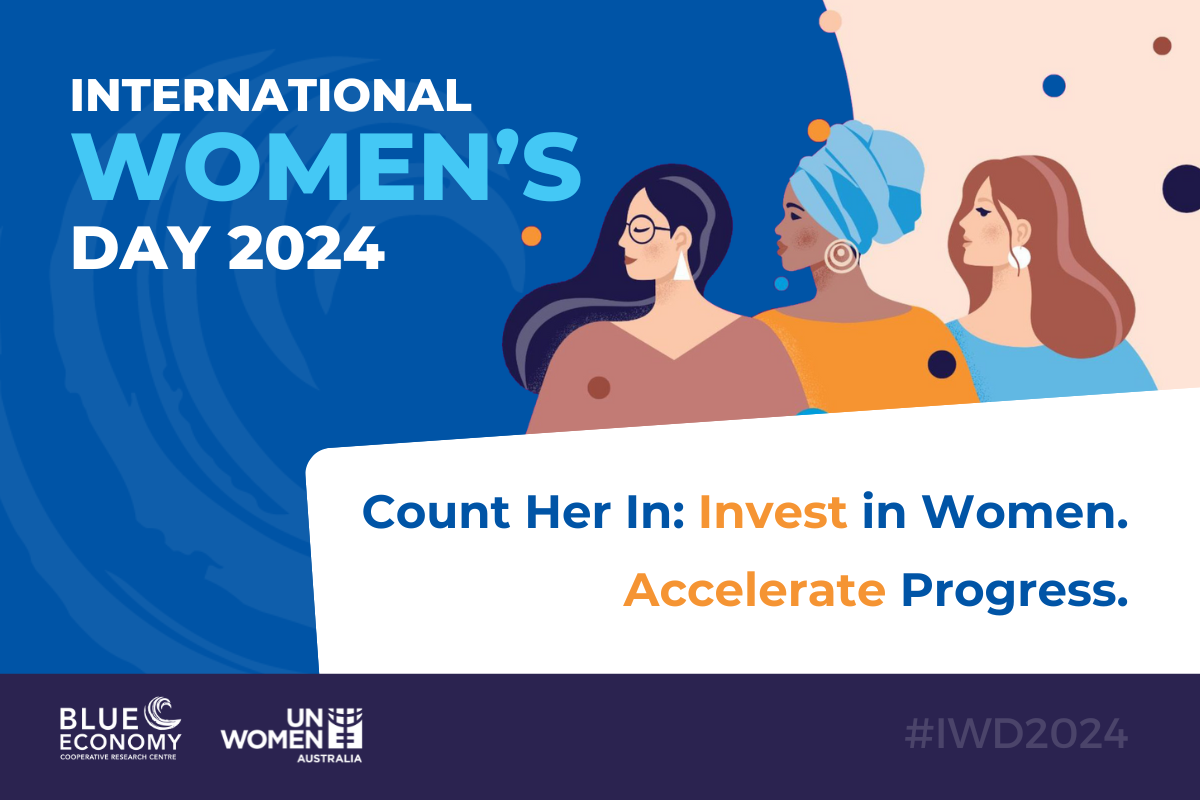Blue Economy CRC Research Fellow Dr Saeed Mohajernasab completed an industry placement with partner, BMT in Adelaide for 6 weeks in November-December 2022. A partner of the Blue Economy CRC, BMT specialises in providing innovative engineering solutions across a range of sectors, including defence, maritime, environment, and infrastructure.
Saeed’s placement involved assisting in the preliminary design of two commercial projects – Singapore Support for Floating Pontoon and a transhipment vessel for bulk crushed limestone carriage Proposal.
Saeed was placed under the supervision of Andrew Harris, Technical Lead – Naval Architecture of BMT who states:
“BMT were delighted to have the opportunity to strengthen our ties with the Blue Economy CRC and the Australian Maritime College through this placement.”
“The Blue Economy CRC is providing BMT access to experienced professionals with broadened knowledge of the growing blue economy. Saeed was able to bring his academic insight and skills to us, while we were able to provide some experience of commercial engineering tasks in return.”
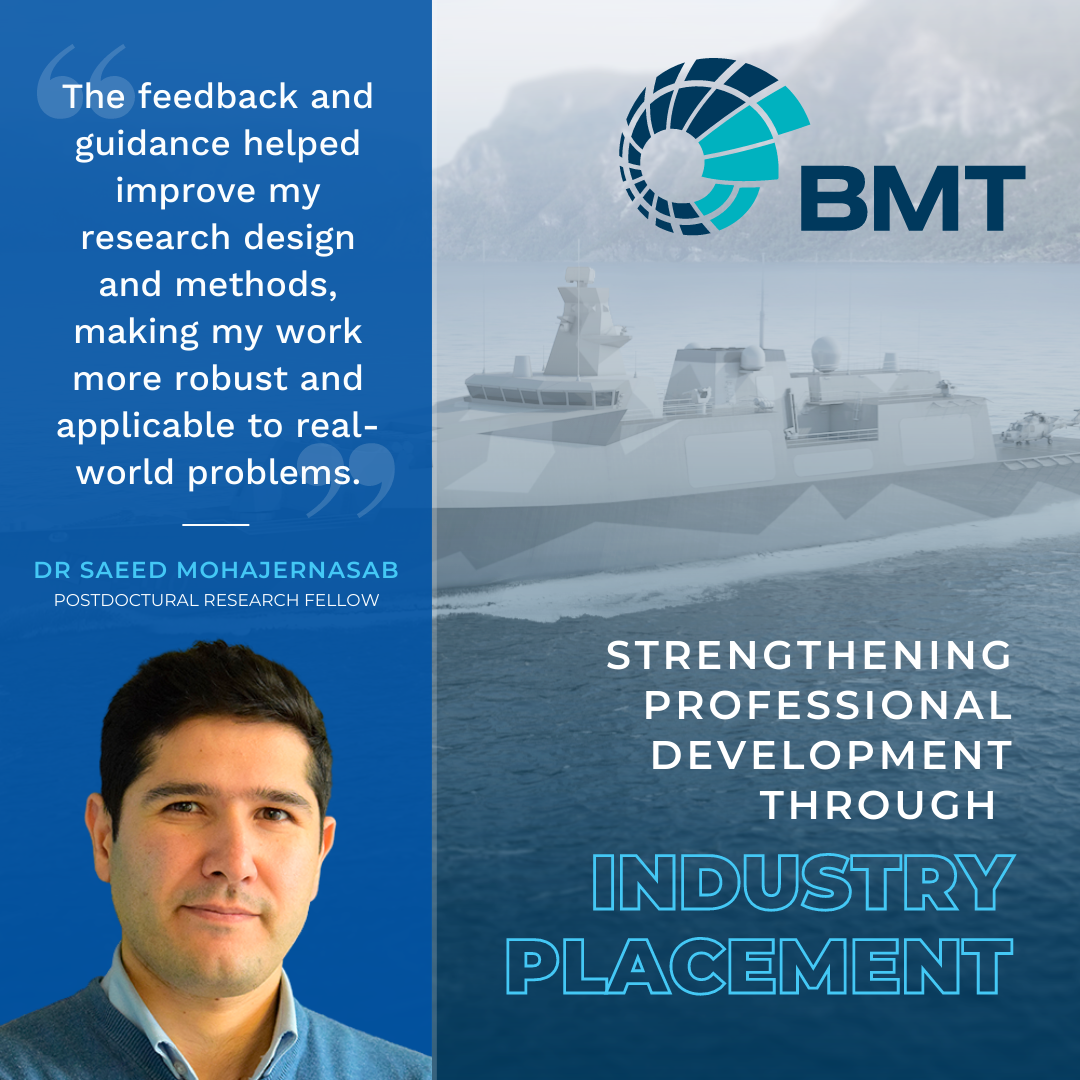 Below is an insight into the benefits gained from this industry placement.
Below is an insight into the benefits gained from this industry placement.
What was the aim of your placement with BMT?
One of the key aims of my placement was to gain industry experience, which is an important component of my professional development as an early career academic, to gain a deeper understanding of the challenges and opportunities in the industry, and how academic research can contribute to ongoing efforts.
Additionally, another aim of this placement was to work closely research on Code of Practice for Aquaculture Vessels, in collaboration with the leading team, and contribute to the development of this guideline.
What did the placement entail?
As an intern, my role involved assisting in the preliminary design of two commercial projects, namely Singapore Support for Floating Pontoon and a transhipment vessel for bulk crushed limestone carriage Proposal, as well as continuing my responsibilities in the Code of Practice for Aquaculture Vessels project.
How did this placement impact your research capabilities?
During my placement, I had the opportunity to work closely with a team of experienced engineers and naval architects. Through this collaboration, I was able to gain valuable insight into the practical applications of the theories and concepts I had learned in my academic studies. This hands-on experience provided me with a deeper understanding of the challenges and constraints that arise when designing commercial vessels, and allowed me to better reflect the needs and constraints of the industry.
Furthermore, the feedback and guidance I received from my colleagues at BMT enabled me to improve my research design and methods, making my work more robust and applicable to real-world problems. In addition to the technical skills I gained, the internship also helped me to develop my communication and teamwork skills. Working closely with a team of professionals, I learned how to effectively communicate my ideas and work collaboratively to achieve common goals. The internship has had a significant impact on my research capabilities and has helped to prepare me for a successful career in the field of naval architecture.
How did the placement benefit you professionally and personally?
The placement was an invaluable experience for me both personally and professionally. From a personal perspective, it allowed me to step outside of my comfort zone and experience a new city and work culture, which was both exciting and challenging.
Professionally, the placement provided me with the opportunity to work with a team of experienced engineers and naval architects, gaining a deeper understanding of the industry and developing my technical skills. Additionally, the placement enabled me to expand my professional network and connect with others in the field, which may prove to be beneficial in the future.
—
The Blue Economy CRC would like to thank the team from BMT for participating in the internship program. Funding for the placement came from the University of Tasmania’s College of Sciences and Engineering (CoSE) EMCR Networking and Mobility Scheme. The scheme provides funding for Early- and Mid-Career Researchers (EMCRs) to undertake research-related travel and networking activities that will help to advance their careers.
